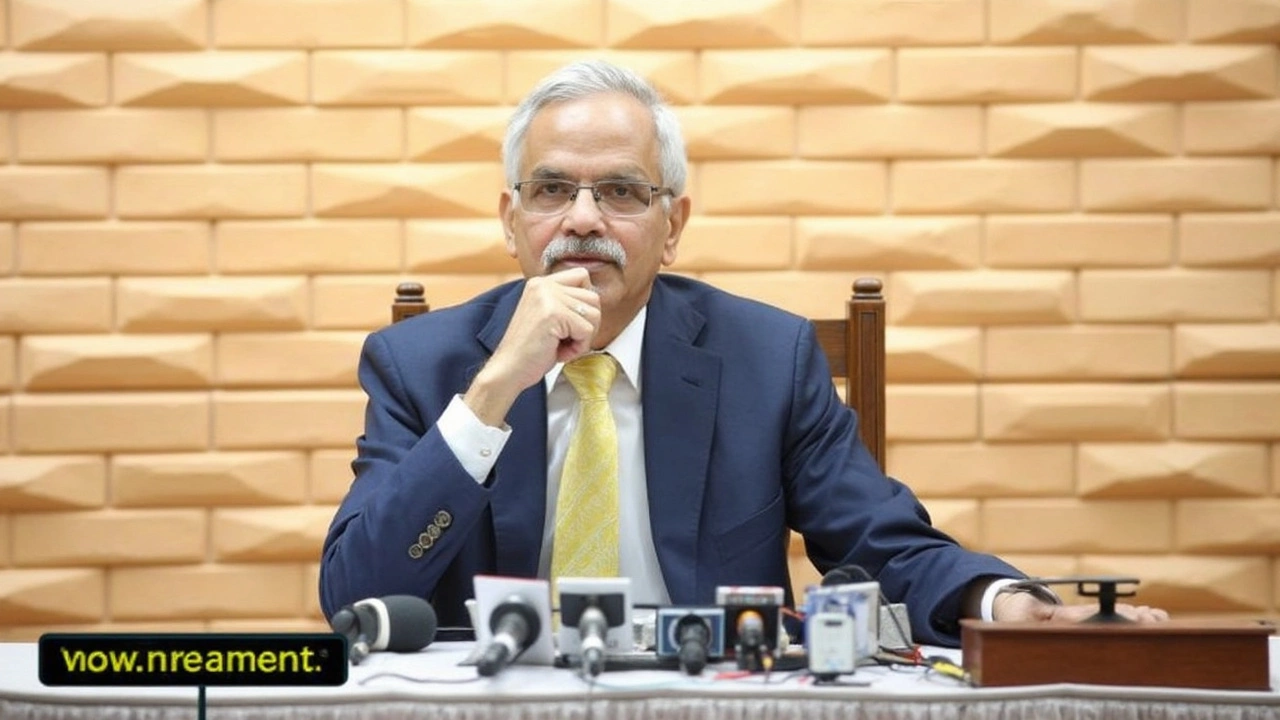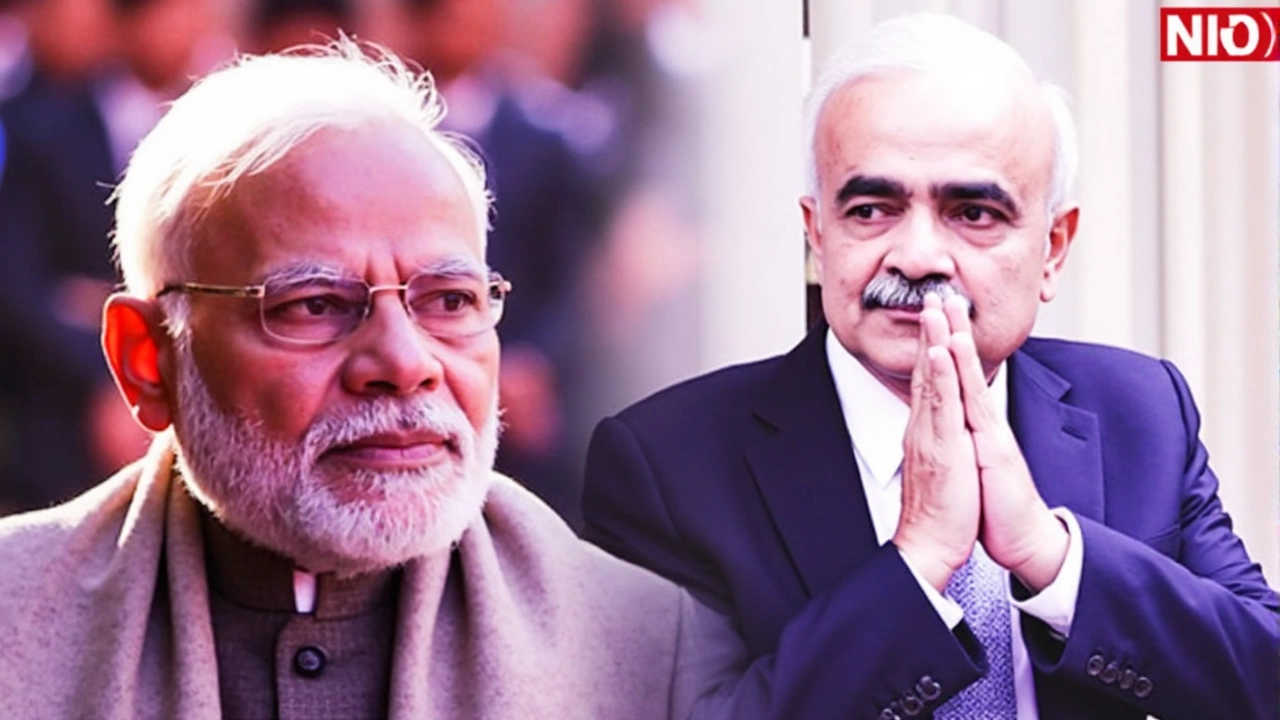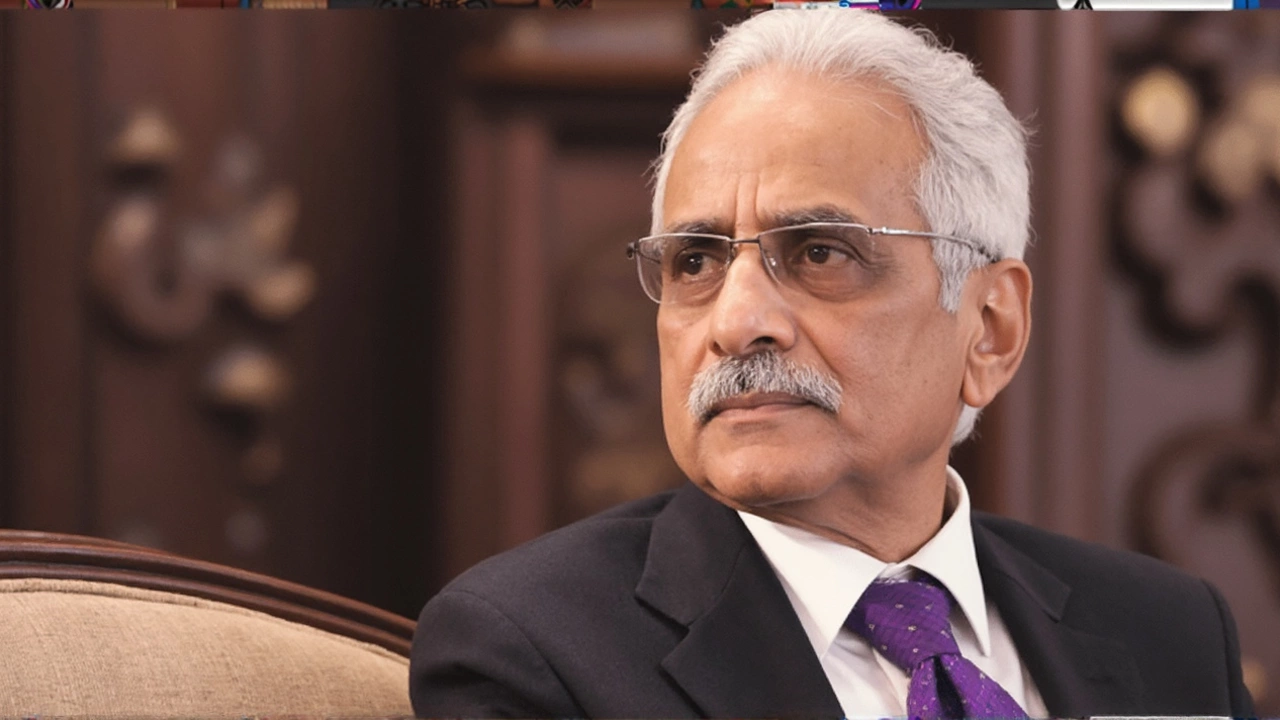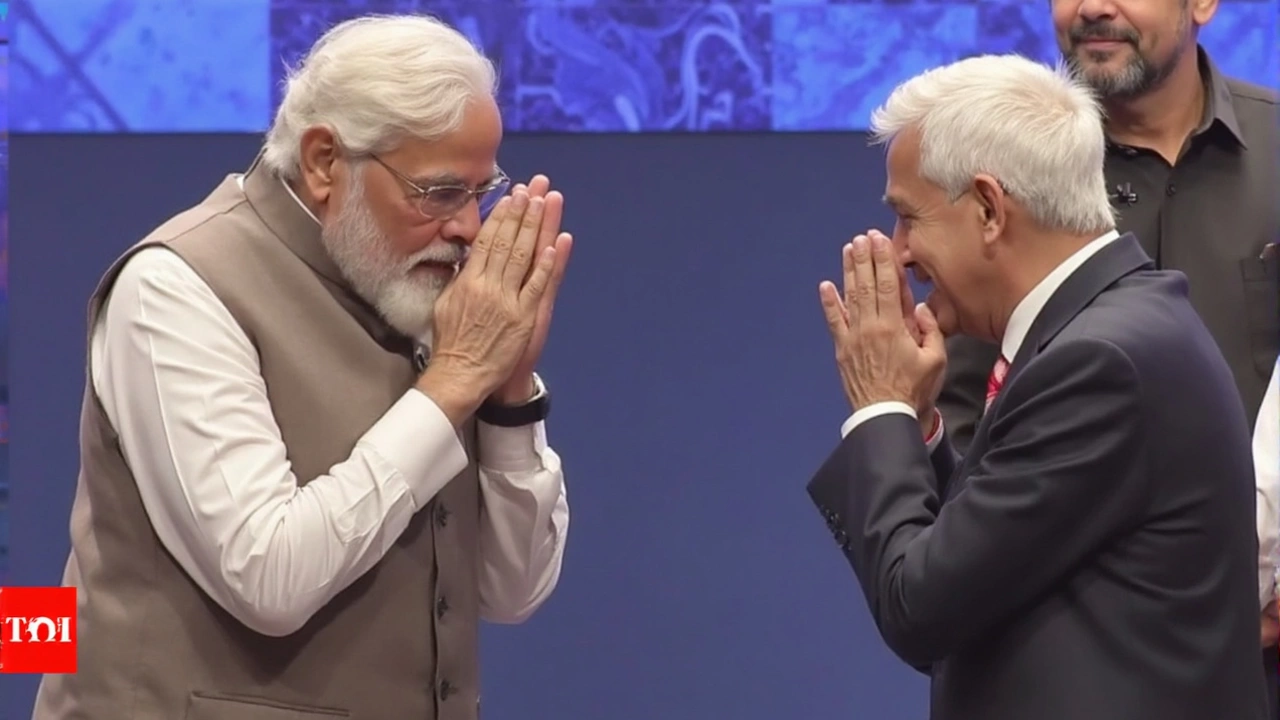Shaktikanta Das Joins PM Narendra Modi's Team as Second Principal Secretary

The corridors of power in New Delhi are abuzz as Shaktikanta Das, the former Governor of the Reserve Bank of India (RBI), steps into a newly minted role as the second Principal Secretary to Prime Minister Narendra Modi. This appointment, beginning February 22, 2025, is a noteworthy addition to Modi's administrative team, reflecting evolving strategies to tackle India's mounting economic challenges.
This decision introduces a second Principal Secretary at the helm, marking an unprecedented move. Das will work alongside Pramod Kumar Mishra, the current Principal Secretary-1, aiming to bolster the strategic direction of economic policies that will shape India's future. An 1980-batch Indian Administrative Service officer, Das has a career spanning over four decades in crucial government roles that include Economic Affairs Secretary and Revenue Secretary.
Shaktikanta Das: The Architect of Economic Reforms
Shaktikanta Das is no stranger to economic reforms. He was instrumental in spearheading some of India's most significant economic policies, including the controversial demonetization drive in 2016 and the implementation of the Goods and Services Tax (GST) a year later. These sweeping changes required an intricate understanding of India's fiscal landscape, a skill Das honed over years of service.
While heading the RBI from 2018 to 2024, Das adeptly managed the turbulent waters of financial markets, addressing liquidity crises including the notable Infrastructure Leasing & Financial Services (IL&FS) collapse. His tenure was marked by resolved disputes that improved financial stability and reduced banks' non-performing assets, earning him a reputation as a pragmatic stabilizer in tumultuous times.

Political and Economic Ramifications
While supporters commend Das's appointment as timely wisdom in the face of global trade tensions and a depreciating rupee, critics raise eyebrows over its political undertones. The strategic timing, coinciding with Modi's ongoing efforts to achieve a $5 trillion economy, suggests a tactical alignment in steering fiscal and monetary policies cohesively.
Political opposition may cast this move as an insider manoeuvre to centralize economic decision-making, but Das’s adeptness in navigating the echelons of both government and central banking cannot be underplayed. His deep-seated bond with Modi, from their days when Modi was the Chief Minister of Gujarat, provides an additional layer of trust and synergy that could prove crucial as India's economy faces uncertain waters.
As Das steps into this influential role, the expectations placed upon him serve as a testament to his capabilities, seasoned over a rich career tackling India's complex economic fabric. His influence in Modi's administration could shape strategies that enhance India's economic stature on the global stage.

